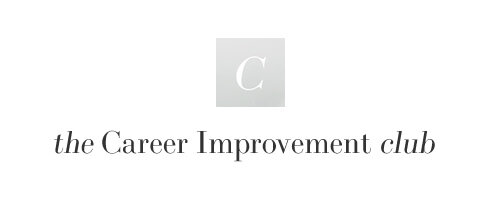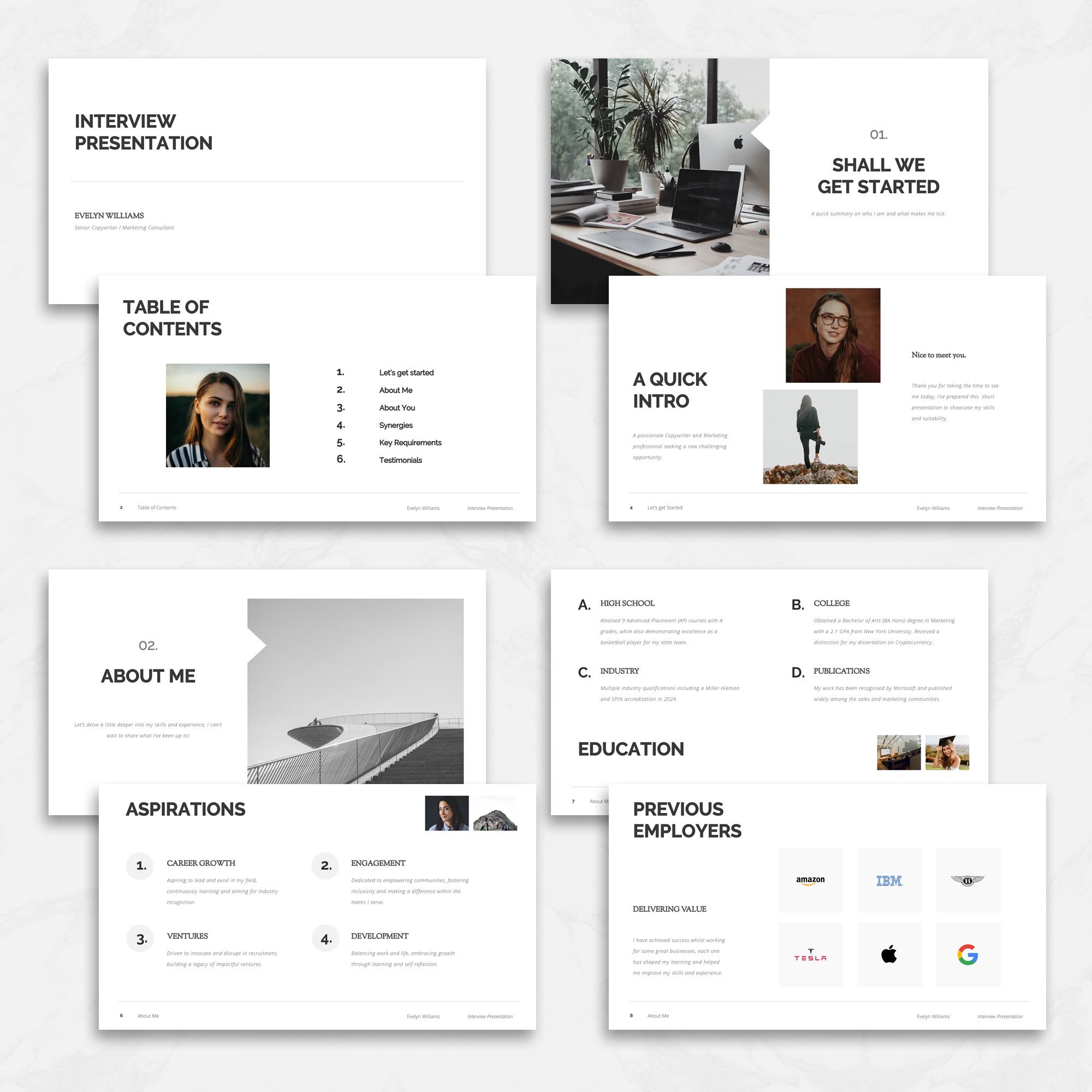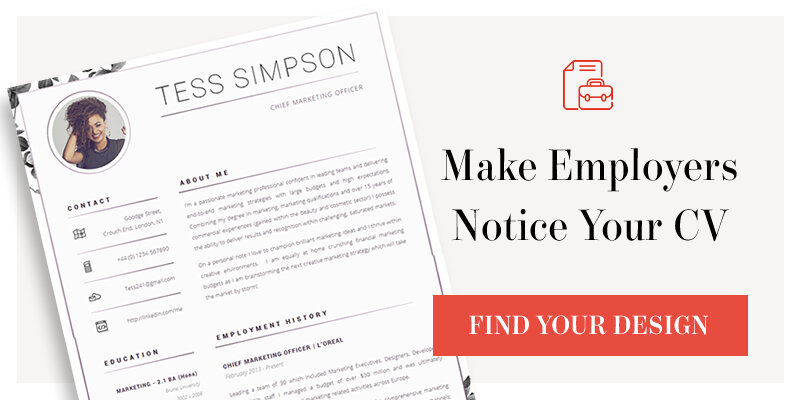Landing an interview is an exciting step toward securing your next role, but thorough preparation is key to turning that opportunity into a job offer. Whether you're gearing up for an in-person or virtual interview, following these 11 steps will help you shine.
Understanding how to prepare for a job interview is critical for success. The correct preparation will not only demonstrate your initiative and commitment but also provide you with the confidence to stand out. Let's dive in...
How to Prepare for a Job Interview
Get the Latest Job Description
Research the Company (and Interviewers)
Practice with AI Tools
Prepare for Virtual Interviews
Craft Your STAR Stories
Craft Thoughtful Questions for the Interviewer
Create an Impressive Interview Presentation
Prepare for Common Interview Questions
Mentally Prepare for the Interview
Plan Your Journey (if on-site)
Prepare Your Documents
Follow Up with a Thank-You Email
Bonus: Use a Checklist to Stay Organised
1. Get the Latest Job Description
The job description is your roadmap to understanding what the employer is looking for. Break it down to identify the key skills, experience, and qualifications required. Match these with your experiences, and be ready to discuss how your background aligns with the role’s responsibilities. Highlighting relevant experiences and achievements will demonstrate that you’re not just qualified but the best fit for the position. For more advice on aligning your application with job requirements, see our post on how to write a standout CV.
2. Research the Company (and Interviewers)
A deep understanding of the company is essential. Start by exploring their website, recent news articles, and social media channels. Focus on the company’s mission, values, and any recent developments. This research not only helps you answer questions effectively but also allows you to tailor your responses to align with the company’s goals. Dig deeper by researching the interviewers on LinkedIn; knowing their professional backgrounds can help you find common ground.
3. PRACTICE WITH AI TOOLS
Incorporating modern AI tools like ChatGPT into your preparation routine can be a game-changer. These tools allow you to simulate interview scenarios, practice your responses, and receive instant feedback. This can be particularly helpful for improving your answers to difficult or unexpected questions. Think of it as having a virtual coach that helps you refine your interview skills from the comfort of your home.
4. PREPARE FOR VIRTUAL INTERVIEWS
Virtual interviews are now a staple in the recruitment process. Ensure that your technology is reliable—test your internet connection, microphone, and camera well before the interview. Choose a quiet, well-lit space with a neutral background to avoid distractions. Practice looking directly into the camera to maintain eye contact, which can help you appear more engaged and confident. Keeping notes handy can also help you stay on track without losing focus during the conversation.
Professional Zoom backgrounds can provide a nice touch when making a first impression.
5. Craft Your STAR Stories
The STAR method (Situation, Task, Action, Result) is a powerful way to structure your responses to behavioural interview questions. Prepare several STAR stories that highlight your skills and accomplishments, making sure they are relevant to the role you’re applying for. Practicing these stories will help you convey your experience clearly and confidently.
6. Craft Thoughtful Questions for the Interviewer
An interview is as much about you assessing the company as it is about the company assessing you. Prepare a list of insightful questions that reflect your genuine interest in the role and the organisation. Questions like “Can you describe the company’s long-term goals?” or “How does this position contribute to the overall success of the team?” not only show that you’ve done your homework but also help you determine if the company is the right fit for you. For more ideas, check out our list of smart questions to ask an interviewer.
7. Create an Impressive Interview Presentation
Whether you've been asked to create a presentation or not, preparing one can make a big impact. Start by clearly understanding the topic and the audience’s expectations. Structure your presentation with a clear beginning, middle, and end, ensuring that your key points are easy to follow. Use visuals like slides to enhance your message, but avoid overcrowding them with text. Practice delivering your presentation multiple times until you can do so confidently without relying too heavily on notes. This will not only demonstrate your knowledge but also your communication and organisational skills.
Interview presentation templates are a great shortcut for creating a polished presentation.
8. Prepare for Common Interview Questions
Anticipating and preparing for common interview questions can give you a significant edge. Questions like “Why do you want this job?” or “What are your strengths and weaknesses?” are often asked. Craft well-thought-out answers that reflect your experience and enthusiasm for the role. Use the STAR method (Situation, Task, Action, Result) to structure your responses to behavioural questions, ensuring your answers are concise and impactful.
Brainstorm answers to common interview questions, but also be ready for the unexpected. Practicing with a friend or mentor can help, or use AI tools for instant feedback on your responses.
For further guidance, check out our article on answering tough interview questions.
9. Mentally Prepare for the Interview
Your mental preparation is just as important as your physical preparation. Start by getting a good night’s sleep before the interview to ensure you’re well-rested and alert. Engage in activities that help you relax and clear your mind, such as a short walk or deep breathing exercises. Remember, the interview is not an interrogation—it’s a two-way conversation where both parties assess if they’re a good fit for each other. Approaching the interview with a positive mindset can greatly influence your performance.
10. Plan Your Journey (if on-site)
If you're attending an in-person interview, plan your journey to ensure you arrive with time to spare. For virtual interviews, double-check your internet connection, software, and any required links or documents well before the interview.
11. Prepare Your Documents
Even in the digital age, having hard copies of your documents can be crucial. Bring at least three copies of your CV, a list of references, and any other relevant documents, such as recommendation letters or a portfolio of your work. This preparation demonstrates your professionalism and readiness. In virtual interviews, have these documents easily accessible on your computer to quickly reference if needed. This step ensures that you're prepared for any situation.
// FOLLOW UP WITH A THANK-YOU EMAIL
Sending a thank-you email after your interview is a crucial step that many candidates overlook. This gesture shows professionalism and reinforces your interest in the position. In your email, express gratitude for the opportunity, mention something specific that was discussed during the interview, and reiterate why you’re excited about the role. This follow-up not only keeps you fresh in the interviewer’s mind but also provides an opportunity to address any points you may have missed during the interview.
Job Interview Checklist - BONUS
Stay on top of your preparation by using a checklist. We've created a free, printable interview checklist to ensure you cover all the essentials.
Our free interview checklist can be a valuable tool to guide you through the preparation process, ensuring you don’t miss any important steps. Free Download here.
// WRAPPING UP
Knowing how to prepare for a job interview is crucial to your success. Each of these 11 steps is designed to help you present yourself in the best possible light, ensuring you’re ready to impress. Remember, preparation is not just about answering questions—it’s about demonstrating that you’re the best fit for the role. With the right preparation, you’ll not only increase your chances of landing the job but also set the stage for a successful career. Good luck!
For a more detailed breakdown on interview preparation, check out our in-depth guide on how to prepare for a job interview.





